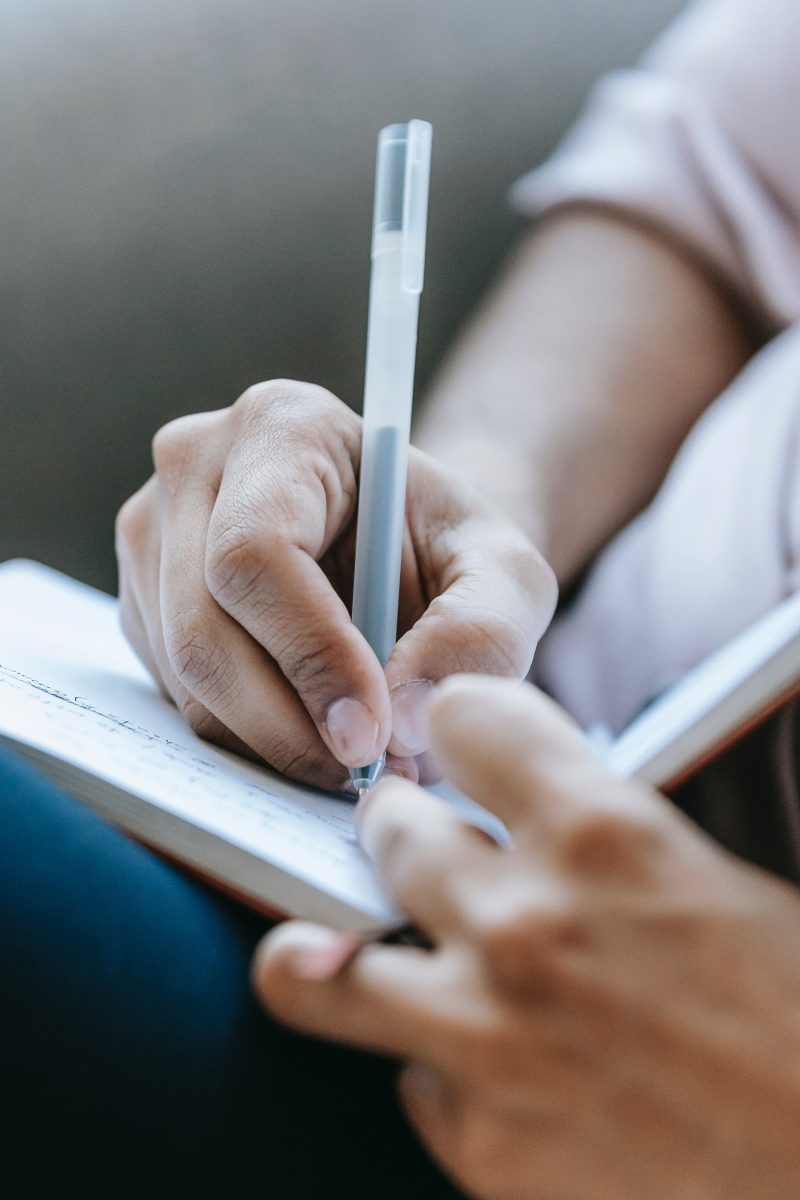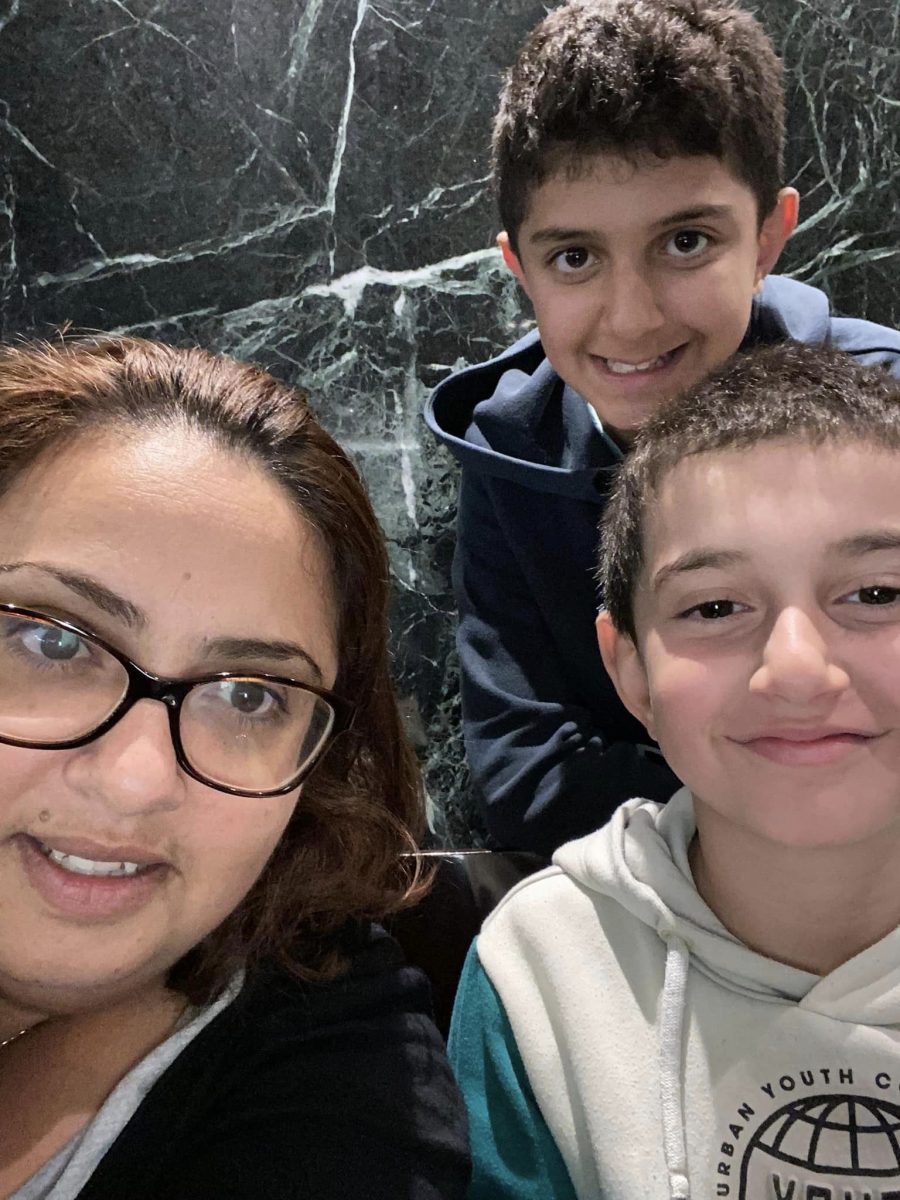Reflections of a Carer

In the early days, after my son’s diagnosis, I struggled with the word carer a lot. Up until this point, I had thought of my role as ‘Josh’s Mum’. Now I was torn between these two terms, carer and mother, and unsure about where I stood.
I felt guilty using the word carer. I was carrying the weight of the societal expectations of being a mother. Along with my own expectations of who I thought I was supposed to be and how much I was supposed to handle. I’m a Mum, right, isn’t this all part of the job?
I was already in a transitional phase of questioning, reflectioning, and grieving as I came to terms with my son’s diagnosis. I couldn’t bring myself to think of anything else other than my son needs me, and the fact that I was supposed to be able to do it all. At the same time, I felt disconnected and isolated. A single mother, of two young boys, one with a disability and the other, still adjusting to his younger brother’s needs.
It was around this time I discovered peer organisations like Kindred. Meeting other families who were walking a similar path, really changed everything. Not only was I learning through free webinars and programs about how I could support my son. I experienced an overwhelming sense of connection and belonging as a part of a community of like-minded parents.
As I travelled down the road of acceptance, celebrating my son for all he is, curious and funny with a thirst and love for learning. I also started to recognise the importance of my role as a carer. And how being a carer actually completes the uniqueness of my parenting role to my uniquely beautiful son.
By acknowledging that I am a carer, I acknowledge the many hats I wear on a daily basis – mother, father, advocate, therapist, project manager, expert in my child…. The list is long and the juggle is real. It also allows me to acknowledge the absolute commitment to my child and the importance of my role in supporting him.
Today, I actually identify as being not only a carer, but what’s known as a ‘sandwich carer’. With the responsibility of caring for my son with disability, as well as for my father, who has dementia, my mother, who has a heart condition and occasionally for my brother, who has an intellectual disability. These competing roles can be tough to manage and tricky to navigate. However, I’ve grown as a person and learned so much along the way. Here are some of the most valuable lessons.
The Power of Connection
The reality is parenting is hard work at the best of times, but for families of a child with a disability, it is doubly hard. By connecting with other parents, I’ve learnt that the challenges that I experience are all part of the journey raising a child with disability (but there are plenty of rewarding parts too!). And at the end of the day, even though it’s tough, I am enough. I’m doing the absolute best I can, and I’m not alone. I have made some great friendships through this connection, which have helped me through those difficult times.
When we connect with other parents who understand what we are facing, there is a real sense of validation. In my experience, you need that validation to be able to go out and be a strong advocate for your child and (importantly) for yourself.
Celebrating Our Unique Journey
I focus on celebrating my son’s uniqueness, with his interests, passions and skills. Letting these be an incentive to help him strive to achieve and take future steps towards success. It’s through this acceptance and celebration of my son that I am also able to recognise the importance of my own unique parenting role as both a mother and a carer. Allowing me to lean into my strengths, to best support him.
Accepting our unique journey for exactly what it is, with its challenges and triumphs, has freed me from a lot of the guilt and stigma from others when our family looks and acts differently from what is considered ‘normal’. Feeling shame or embarrassment keeps you disconnected from others. I love that we can be authentically us, and go over to our neighbour’s house, or visit friends. It means I have a community where I can also ask for help when we need it.
I have learnt to use some of the skills from the parenting programs I’ve done and create pockets of hope for my family. It’s often hard for me and my boys, but together we are learning to create and make the most of our ‘memory creating moments’ together.
The Importance of Self-Care
With the multiple hats I wear, making time for self-care isn’t always easy. I’ve learnt that it’s all about simple yet meaningful ways to look after myself. It’s personal when thinking about this and when to make changes. It needs to work for you and your life. Start small and build it up.
Seeing my GP and having my own health and care monitored has been very important for me. But sometimes, when life is hard, it’s as basic as giving yourself permission to stop, slow down and take a pause.
We cannot fully support our children if we are not truly supporting ourselves. Early on, I questioned whether I should access services for carers. However, I’ve learnt that by utilising services such as Carer Gateway and taking advantage of free counselling and domestic help, I’ve been able to create more capacity for myself, which means I’m better able to support all the people I care for.
The final thought I want to leave with you is the importance of what you do as a carer and the incredible power of your story. When we share our experiences, it helps others in ways we may not even be able to realise. Being vulnerable about our hopes and fears, we open the door for others to do the same. We encourage them to reach out for help and seek support when they need it.
This Carers Week, I invite you to consider not only how important you are to the child you care for, but also how important your voice and presence is in our community. We are stronger together.

Sarah Elsleiman
We are highlighting Sarah’s story as part of Carers Week. Sarah is a solo parent to Moudi (14) and Josh (9); together they live in Sydney’s Inner West.
With a background in early childhood education, Sarah is passionate about the rights of all children being supported and included. As an active member of the Kindred Community (our private Facebook group), Sarah regularly shares her wisdom and experience raising a child with disability, as she supports others on their journey.